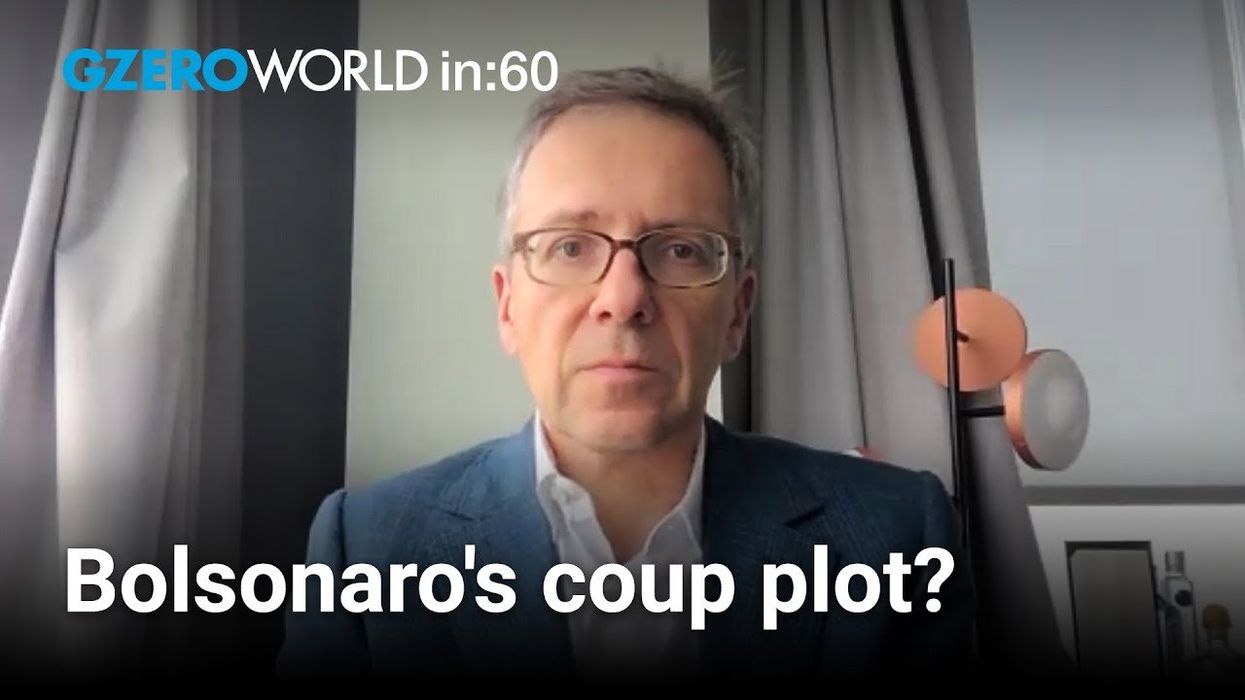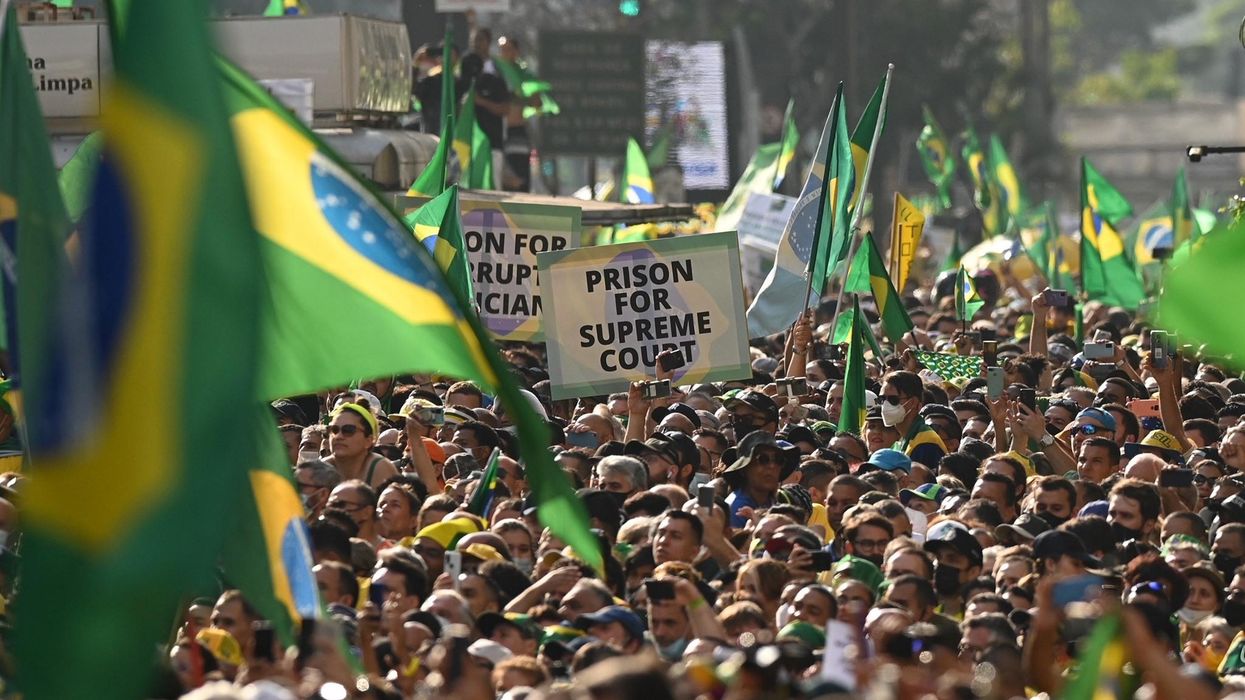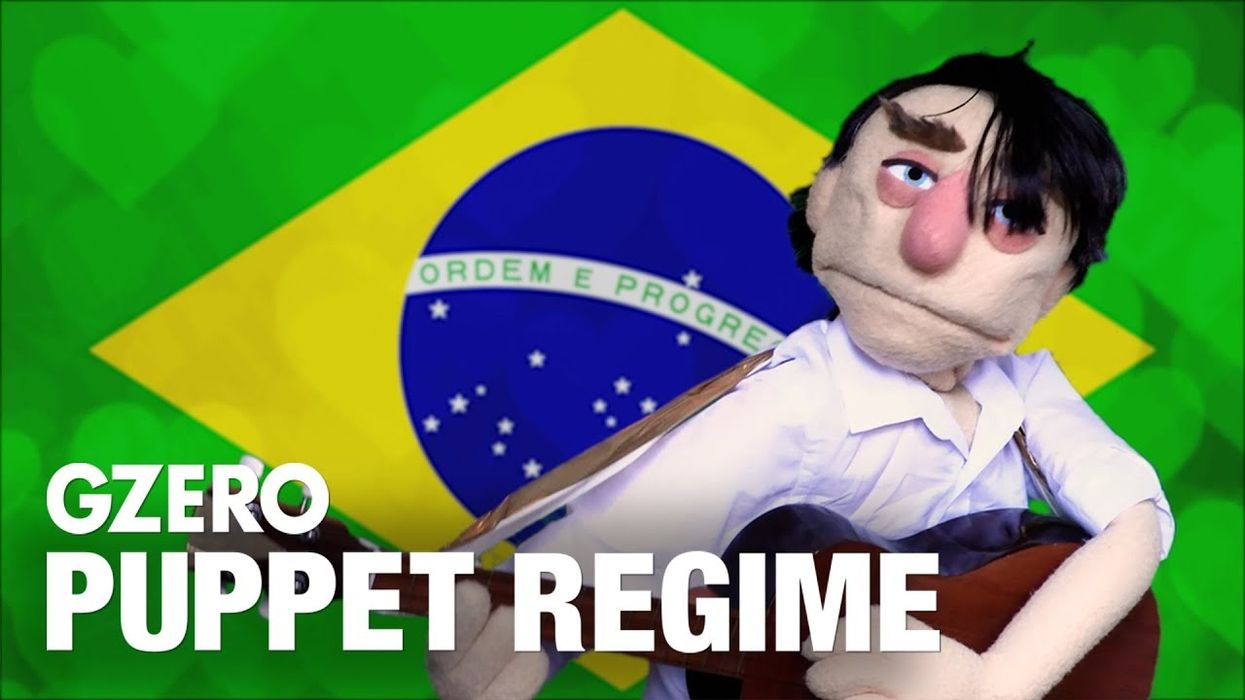ask ian
Will Trump & Musk punish Brazil over Bolsonaro indictment?
What is Trump's long-term play with apparently treating Putin like a friend rather than an adversary? How likely would the release of all remaining captives, as proposed by Hamas, actually lead to a permanent truce with Israel? Does Bolsonaro's indictment for an alleged coup plot signal tough times ahead for Brazil? Ian Bremmer shares his insights on global politics this week on World In :60.
Feb 19, 2025




